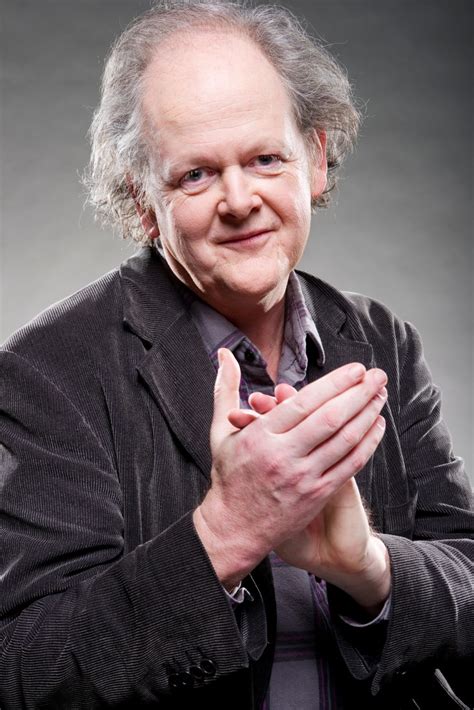A Quote by John Gardner
As a rule of thumb I say, if Socrates, Jesus and Tolstoy wouldn't do it, don't.
Related Quotes
Once you teach people to say what they do not understand, it is easy enough to get them to say anything you like. v One could wish no easier death than that of Socrates, calmly discussing philosophy with his friends; one could fear nothing worse than that of Jesus, dying in torment, among the insults, the mockery, the curses of the whole nation. In the midst of these terrible sufferings, Jesus prays for his cruel murderers. Yes, if the life and death of Socrates are those of a philosopher, the life and death of Christ are those of a God.
Socrates dies with honor, surrounded by his disciples listening to the most tender words -the easiest death that one could wish to die. Jesus dies in pain, dishonor, mockery, the object of universal cursing - the most horrible death that one could fear. At the receipt of the cup of poison, Socrates blesses him who could not give it to him without tears; Jesus, while suffering the sharpest pains, prays for His most bitter enemies. If Socrates lived and died like a philosopher, Jesus lived and died like a god.
It must be granted that in every syllogism, considered as an argument to prove the conclusion, there is a petitio principii. When we say, All men are mortal Socrates is a man therefore Socrates is mortal; it is unanswerably urged by the adversaries of the syllogistic theory, that the proposition, Socrates is mortal.
Here, then, is a simple rule of thumb for all of us to apply: If the words of Jesus challenge something I believe or challenge the way I live, the problem is not with Jesus. The problem is with me. Charles Spurgeon expressed this in broader, scriptural terms when he said, “If there is any verse that you would like left out of the Bible, that is the verse that ought to stick to you, like a blister, until you really attend to its teaching.”31
Socrates: Have you noticed on our journey how often the citizens of this new land remind each other it is a free country? Plato: I have, and think it odd they do this.Socrates: How so, Plato?Plato: It is like reminding a baker he is a baker, or a sculptor he is asculptor.Socrates: You mean to say if someone is convinced of their trade, they haveno need to be reminded.Plato: That is correct.Socrates: I agree. If these citizens were convinced of their freedom, they would not need reminders.






































